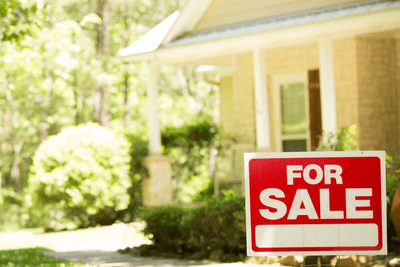
Share
Investment demand grows for commercial properties leased to established charity retailers. These assets combine reliable income streams from trusted tenants with exposure to the expanding charity retail sector.
Commercial properties leased to established charities gain traction in the investment market. These assets offer secure income streams supported by the growing charity retail sector.
Burgess Rawson’s Shaun Venables said investors are increasingly recognising the value proposition of charity-tenanted properties.
Investment advantages and market trends
“Charity-backed assets offer low overheads and high trustworthiness,” Mr Venables said. “These stores are becoming thriving retail hubs, offering investors access to a proven asset class amid growing interest in vintage and collectable items.”
A recent Vinnies store sale in Australind, WA reached $3 million on a 5.56 per cent yield. The sale formed part of a larger transaction including a Supercheap Auto store and a Salvation Army property, totalling $9.78 million.
Market performance data
Market research confirms growing sector strength. “Burgess Rawson research shows charity investments achieve an average sale price per square metre of $5,429, with yields averaging 5.58 per cent,” Mr Venables said.
The Vinnies property demonstrates typical investment characteristics, with an eight-year lease with options and an annual income of $166,900.
Investment appeal
The sector attracts widespread buyer attention. “Both local and interstate investors are keen to capitalise on these trusted, long-standing tenants, especially in high-growth areas,” Mr Venables said.
Established charity organisations bring strong covenant strength to leases. Their extensive operational histories and community relationships reduce tenant risk compared to new retail concepts.
Property characteristics
Charity-tenanted properties often occupy prominent retail positions. Their building specifications match standard retail requirements, maintaining broad market appeal. This flexibility preserves long-term asset value.
These properties suit investors seeking reliable income streams backed by established organisations. The growing charity retail sector adds strength to the investment case.
“Charity-backed assets offer low overheads and high trustworthiness,” Mr Venables said. “These stores are becoming thriving retail hubs, offering investors access to a proven asset class amid growing interest in vintage and collectable items.”
A recent Vinnies store sale in Australind, WA reached $3 million on a 5.56 per cent yield. The sale formed part of a larger transaction including a Supercheap Auto store and a Salvation Army property, totalling $9.78 million.
Market performance data
Market research confirms growing sector strength. “Burgess Rawson research shows charity investments achieve an average sale price per square metre of $5,429, with yields averaging 5.58 per cent,” Mr Venables said.
The Vinnies property demonstrates typical investment characteristics, with an eight-year lease with options and an annual income of $166,900.
Investment appeal
The sector attracts widespread buyer attention. “Both local and interstate investors are keen to capitalise on these trusted, long-standing tenants, especially in high-growth areas,” Mr Venables said.
Established charity organisations bring strong covenant strength to leases. Their extensive operational histories and community relationships reduce tenant risk compared to new retail concepts.
Property characteristics
Charity-tenanted properties often occupy prominent retail positions. Their building specifications match standard retail requirements, maintaining broad market appeal. This flexibility preserves long-term asset value.
These properties suit investors seeking reliable income streams backed by established organisations. The growing charity retail sector adds strength to the investment case.
Further questions
What lease terms do charity retailers typically seek?
How do charity tenant fitouts affect property value?
What location factors suit charity retail properties?
Do charity properties qualify for tax benefits?
What drives yield differences between charity properties?
This is general information only and is subject to change at any given time. Your complete financial situation will need to be assessed before acceptance of any proposal or product.





